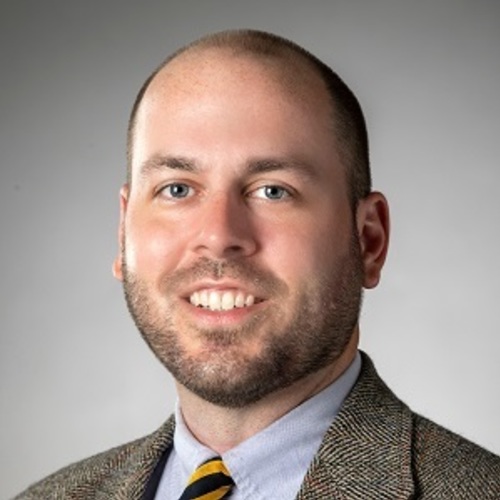Introduction to the New Testament
Next Session: Oct 21, 2024
The New Testament is the most significant collection of writings from the ancient world. This collection of books has been regarded as the Church’s Scriptures since the first centuries of her existence, providing for the Church her primary witness to the life and teachings of Jesus Christ. They did not fall into the Church’s lap, ready-made and leather-bound into a single book. Rather, they were written by a variety of authors in a variety of places throughout the first and early second centuries. They have different theological perspectives and emphases. This course will be a guide to recognizing and analyzing these books both individually, so as to respect their distinct theological voices, as well as a canon of Scripture read by the Church.
Course Content
Unit 1: The Greco-Roman and Jewish Backgrounds to the New Testament
- The Political Situation of the Second Temple Era
- The Diversity of Judaism at the time of Christ
- What kinds of literature do we have in the New Testament?
Unit 2: The Gospels
- The Synoptics and John
- Questions of Authorship: Who wrote the Gospels?
- Matthew’s Gospel: The Jewishness of Jesus
Unit 3: Gospels
- Mark’s Gospel: Jesus the Man of Action
- Luke’s Gospel: Jesus the Universal Savior
- How to Read a Parable
Unit 4: Acts
- The beginnings of the Church’s mission to the world
- Peter’s Missionary Journey
- Paul’s Missionary Journey
Unit 5: Other Letters
- 1 Peter
- Jude
- 1 John
Unit 6: Canon and Interpretation
- Ecclesiological and Christological Exegesis
- The Canon of the New Testament
Course Format
- Created by Notre Dame Theology Professor.
- Seven weeks in duration, with one week for orientation.
- Typically 15-20 students in each course.
- All readings provided online.
- Supplemental readings are provided to encourage further exploration of topic, internet links provided for these readings.
- Written assignments (200-250 words) required.
- Facilitator moderated Zoom sessions with students in course.
Participation Requirements
- Watch weekly video lectures and read assigned texts; keep notes, questions, and comments for class discussion.
- Participate in the class discussion using the Forums area: post at least 2 comments, questions, or responses per unit.
- Respond to the assignment in each unit.
- Participate in at least 4 scheduled Zoom sessions throughout the course.
- Complete the course evaluation.
Time Expectations
4 to 6 hours per week, depending on your learning style and schedule.
Course Certificate
A certificate of completion awarding 35 contact hours will be sent upon completion of all course requirements.

Dr. Joshua McManaway
At the McGrath Institute for Church Life, Josh works primarily on developing curriculum for STEP courses. In addition to this, he teaches in the Theology program at Holy Cross College.
Josh is from Raleigh, North Carolina. He graduated from East Carolina University with a B.A. in Classics and Religion. He holds an M.A. in Early Christian Studies and a Ph.D in the History of Christianity from the University of Notre Dame. His dissertation, titled, “Nestorius Latinus: The Latin Reception and Critique of Nestorius of Constantinople” explores how Latin theologians from the 5th to 8th centuries understood and critiqued Nestorius. His research focuses principally on early and Medieval Christianity.
Josh lives in South Bend, Indiana. He enjoys learning languages, reading, brewing beer, roasting and drinking coffee, and cycling.